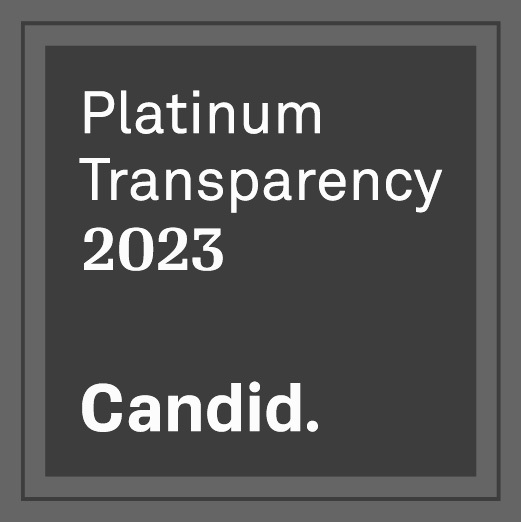Making Long-Term Care Affordable Through Universal Public Benefit
A recently released report from Caring Across Generations outlines recommendations for a new statewide long-term care benefit that would be available to all residents, regardless of income.
The proposed program could operate under existing Medicaid programs or could be managed through another state government entity that would administer a flexible monthly benefit of at least $2,200 a month.
Gaps in Long-Term Care Services
The white paper, Preparing for the Elder Boom, identifies significant gaps in the availability of long-term care services for older adults and people with disabilities that necessitate the new benefit. Medicare provides acute, medically focused care to people over the age of 65, but it does not cover personal care services on a long-term basis. As a result, many older adults and people with disabilities purposefully impoverish themselves in order to access long-term care benefits through state Medicaid programs.
Workforce Development Critical to Meeting Caregiving Needs
In addition to new benefits for consumers, the white paper recommends each new program include a workforce development plan. Paid caregivers are already in short supply in many states, and a new long-term care benefit will increase demand for services. The white paper recommends that a diverse group of stakeholders develop the plan, which could, among other things, set requirements for providers to participate, including a living wage requirement.
According to recent research from PHI, home care workers earn a median wage of just $10.11, and over half rely on some form of public assistance. Poor job quality will make it difficult to meet rapidly rising demand—the nation will need 633,000 new home care workers by 2024.
At a recent tele-briefing on the new white paper, PHI drew attention to the emerging workforce shortage, noting that “without meaningfully addressing the supply of workers, we’ll be building these programs on a sinking ship.”
States Actively Considering Proposals
Caring Across Generations is actively working with stakeholders in Hawaii, Maine, and Michigan to implement their proposals.
In Hawaii, the “Kapuna Care” bill is successfully moving through the legislature. The House bill (HB607) will be considered by the Committee on Human Services on February 15.
Caring Across Generations is also in exploratory conversations with groups in several other states.





